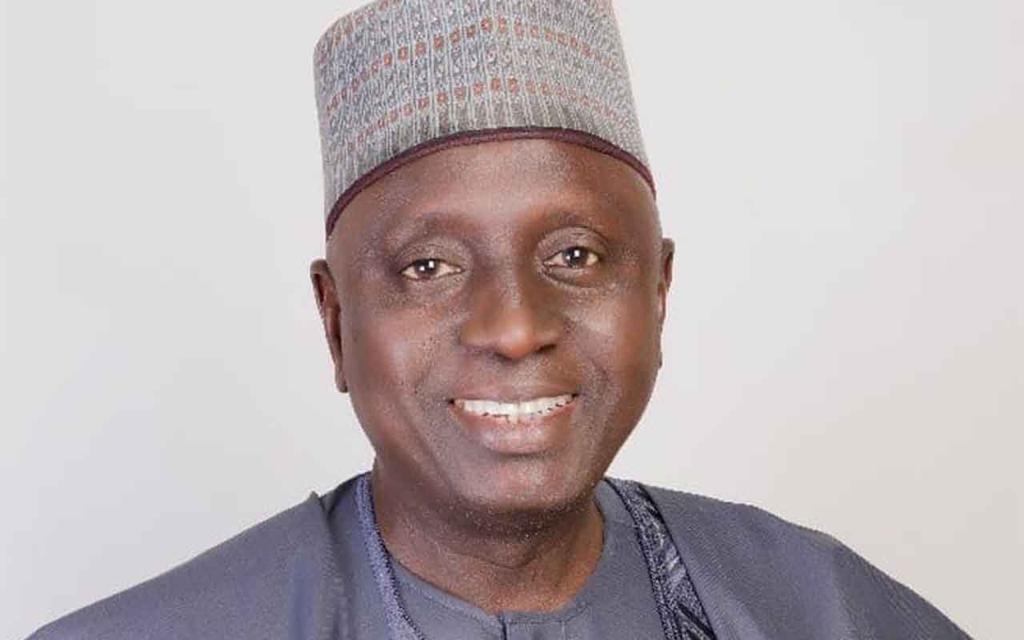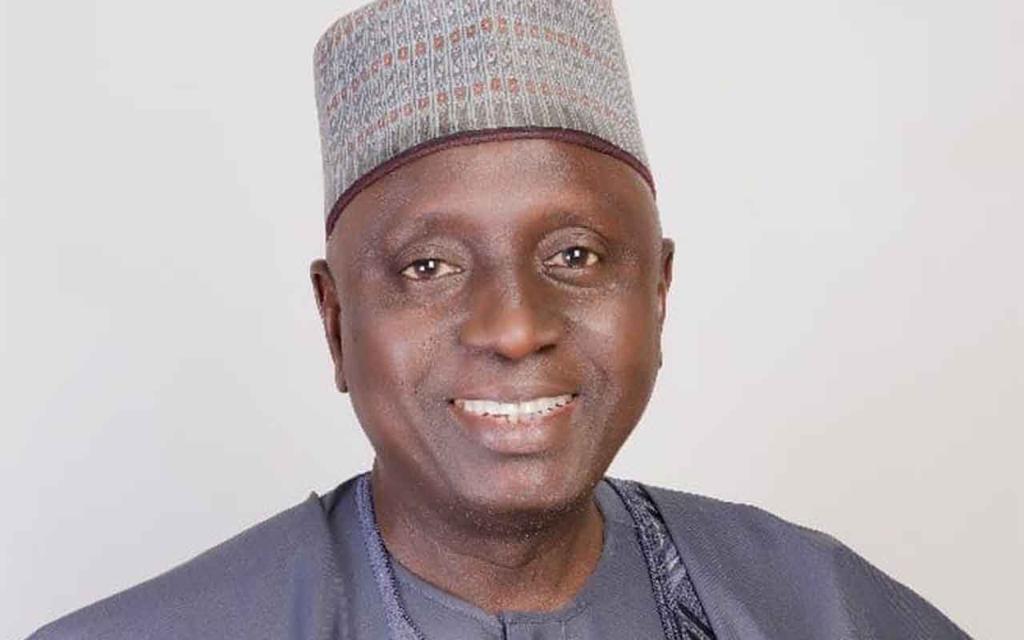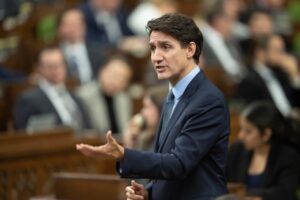
Chairman, Senate Committee On Health , Dr. Ibrahim Oloriegbe, has said the National Assembly will integrate the United Nations political declaration on Universal Health Coverage into the new legislative agenda over the next four years. This will make its provision actionable and accountable within the overall agenda for health and social protection in Nigeria.
He made this assertion yesterday while speaking at multi-stakeholder webinar, joined by over 40 participants. The webinar was co-hosted by CHESTRAD Global, the Federal Ministry of Health, Health Secretariat of the Developing-8 Organization for Economic Cooperation, Health Sector Reform Organization of Nigeria (HERFON), Private Sector Health Alliance of Nigeria (PHSAN) and the Network for Health Equity and Development (NHED).
Oloriegbe, who moderated the dialogue emphasized legislative commitment to health, with renewed legislative commitment at the retreat for principal officers of health committees of the national assembly held on the 4th – 5th of September 2019 in Abuja. These include a review of health financing strategies and prompt action on reforms being proposed for the National Health Insurance Scheme (NHIS). He firmly asserted that the new bill, when it becomes law, will make the NHIS effective and accountable to ensuring financial protection, and leave no one behind.
Dr. Emmanuel Meribole of the Federal Ministry of Health who was represented by his technical assistant, Dr. Nneka Orji-Achugo presented the Basic Health Care Provision Fund (BHCPF) as Nigeria’s commitment to publicly finance country determined essential package of services and systems support at national and sub-national levels. The FMoH highlighted the operational linkages with many of the provisions of the UN political declaration on UHC, including ongoing work to review national financing policies and strategies to support universal access to services and secure health systems through the primary health care approach (PHC).
Dr. Ado J G Muhammad, Special Adviser, Health, Developing-8 Organisation for Economic Cooperation who spoke on unlocking market potential in heath care, with improving member
countries cooperation for trade in health as key pillars of the D-8 Health and Social Protection Plan. In her response, Dr. Clare Omatseye, Managing Director of JNC Limited and President of the West African Private Healthcare Federation (WAPHF/FOASPS) identified the added value and key contribution of the private sector to expand access to services, innovate on financing and improve quality of care. She noted progress made by NAFDAC to enforce regulations, improve stakeholder dialogue and reduce both local production and importation of fake drugs.
Participants at the dialogue underscored the need for appropriate pricing to ensure financial protection in access to medicines, medical consumables and supplies at all levels of the national health system including tertiary care. Improving local production and enabling manufacturers and laboratories to achieve WHO certification are critical components of this investment pathway.
The President of CHESTRAD Global, Dr. Lola-Dare in her delivery called for maximizing all resources flows in support of a transformative health financing agenda that can innovatively mobilize domestic financing from all sources, led by expansion in public finance.
A careful rethink of Nigeria’s current insurance model as a part of the reform of the NHIS bill is important. Dr. Lola-Dare further highlighted the contribution of philanthropy, social impact investments, faith based, community and diaspora giving in expanding the cocktail of innovative and sustainable financing options.
Dr. Lola-Dare in her closing remarks thanked all presenters and speakers and noted the support received from the Nigerian Permanent Mission in New York as well as the Ministry of Foreign Affairs to support engagement in the preparatory processes and negotiation of the UN Political Declaration on Universal Health Coverage. She reiterated the commitment of partners and stakeholders to sustain the momentum and discussions and to ensure that Nigeria’s commitment to the UN political declaration at the 74th General Assembly, remains on the front burner of all stakeholders, with monitoring of implementation for accountability.





